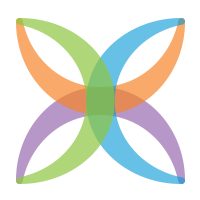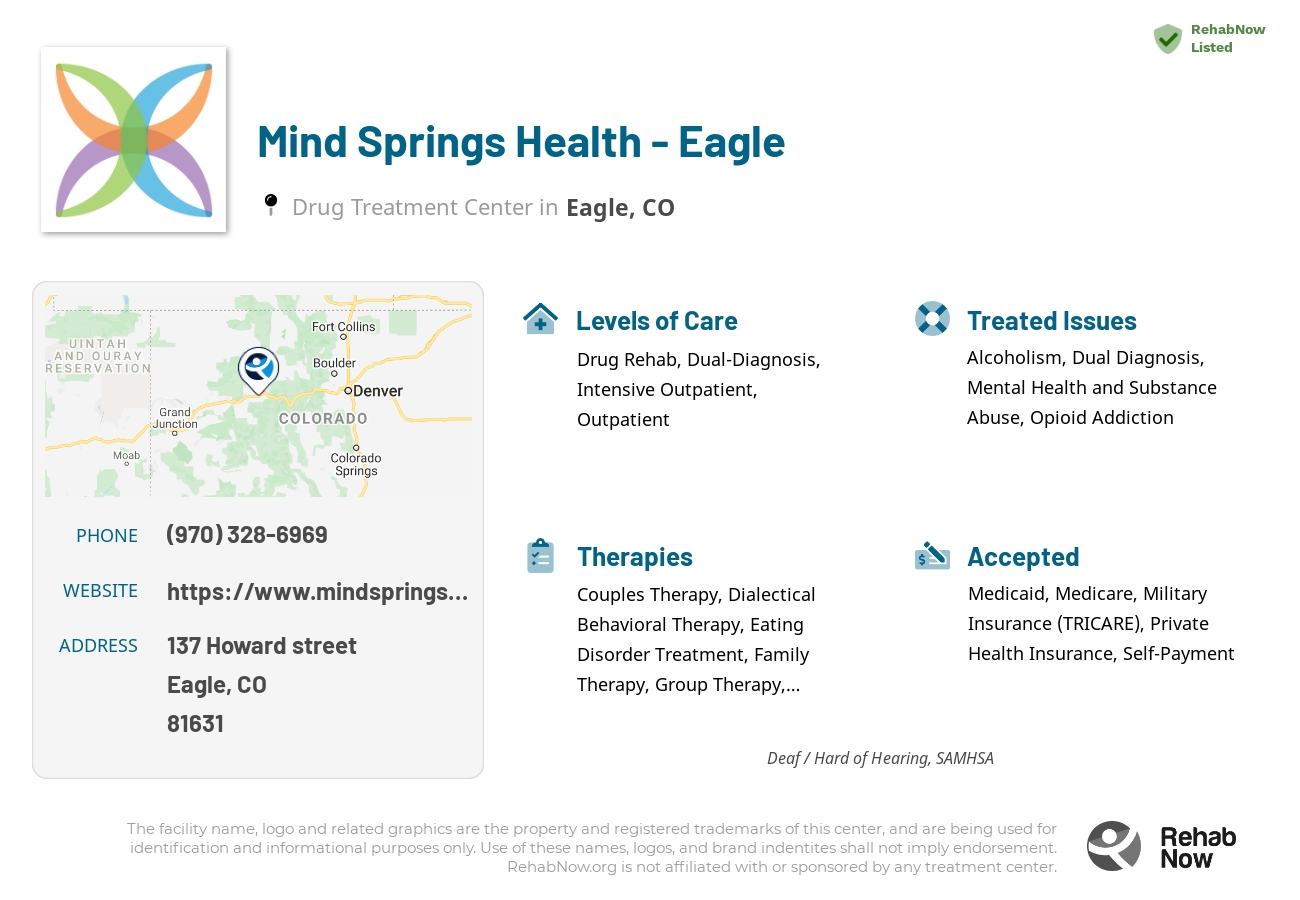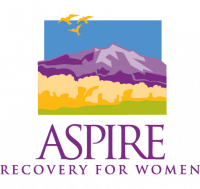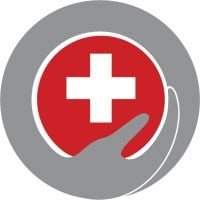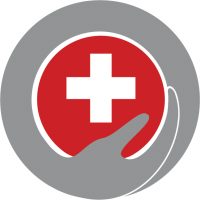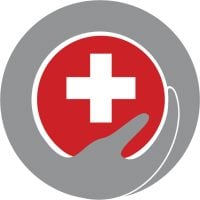Mind Springs Health - Eagle
Drug Rehab Center in Eagle, Colorado
Mind Springs Health - Eagle in Eagle, Colorado offers comprehensive mental health and substance abuse treatment, including individualized treatment plans and evidence-based strategies, as well as an outdoor experiential program, to help individuals struggling with addiction and substance abuse issues maintain sobriety and achieve holistic mental health.
About Mind Springs Health - Eagle in Colorado
Mind Springs Health - Eagle in Eagle, Colorado provides comprehensive mental health and substance abuse treatment to adults and families in the region. Owned and operated by the Mind Springs Health System, the Eagle location is equipped with an experienced and compassionate staff, including doctors, registered nurses, psychiatric mental health providers, and licensed therapists. The facility offers individualized treatment plans ranging from once-weekly sessions to residential treatment depending on the severity of the individual’s diagnosis.
Mind Springs Health - Eagle offers a variety of evidence-based treatment strategies to help individuals struggling with addiction and substance abuse issues. Treatment includes comprehensive assessments to determine the ture of the addiction and individualized treatment plans that may include individual counseling, group therapy, medication management, and education on the nature of addiction. Additionally, the facility offers intensive outpatient care and continuing aftercare services designed to help individuals prevent relapse and maintain sobriety as they move forward in their recovery.
Mind Springs Health - Eagle is accredited by the Commission on Accreditation of Rehabilitation Facilities and licensed by the State of Colorado to provide addiction treatment services to adults and families. In addition to traditional treatment modalities, the facility also offers an outdoor experiential program with activities such as rock climbing and fishing to help individuals develop confidence and resiliency in their recovery. The facility is dedicated to providing the highest quality of care and has received industry awards for their excellence in holistic mental health treatment.
Genders
Ages
Modality
Additional
Accreditations
SAMHSA
Conditions and Issues Treated
Opioid addiction starts when a person becomes addicted to legal or illegal opioids. The addiction can happen quickly, in just a matter of days. Opioid withdrawal can be extremely uncomfortable and lead the user to continue to use even if they want to quit. Stopping using an opioid requires medical observation. Sometimes inpatient treatment with a medically supervised detox is necessary for managing the withdrawal process while learning lasting tools for maintaining recovery. Medications may be used in some cases of opioid addiction.
Opioid addiction is one of Colorado‘s most prominent forms of addiction. It’s treated by detoxifying the body so that the chemicals from the medications no longer impact them and by therapies to correct behavior and target the root of the problem.
Recovery is not simply about stopping drug use. Recovery is working with addiction while recovering mental health issues that are fueling the addiction in the first place.
Levels of Care Offered
This center offers a variety of custom treatment tailored to individual recovery. Currently available are Drug Rehab, Dual-Diagnosis, Intensive Outpatient, Outpatient, with additional therapies available as listed below.
Addicts who need help with their addiction can enroll in an intensive outpatient program (IOP). But the patient won’t live there during treatment.
IOP involves patients visiting a medical office building regularly for therapy and other services while continuing to live their lives.
IOP is a step up from drug or alcohol detox, but it’s still a phase of recovery, not the end goal. Patients in need of IOP have many options for rehab and treatment.
Outpatient treatment is considered the lower intensity level of addiction treatment. It’s ideal for early phase addiction or lower intensity addictions. It may include weekly sessions instead of daily. It may include weekly sessions instead of daily. Peer group support, 12-step programs, and individual counseling may still be involved but at a lesser frequency than an intensive outpatient program. It is a good choice for someone who doesn’t need to go through a medically supervised detox and who has a supportive home environment. It requires motivation and dedication to commit to the program without constant monitoring.
Therapies & Programs
Individual therapy involves one-on-one sessions between the patient and therapist. It provides patients with a safe environment to openly discuss personal and sensitive issues with the therapist. They find the therapist as someone they can trust. Individual therapy aims to identify the core issues that would have led the patient to substance abuse and address them effectively. The therapist can develop patient-specific customized solutions through individual therapy, which aids speedier recovery.
Couples therapy works with clients and significant others in a professional capacity to improve relationship dynamics. This can be helpful for addicts who are trying to marry the idea of recovery into their work, family, social lives – any aspect that has to do with relationships.
Through counseling sessions, addicts will have an opportunity to talk about their addiction with professional partners. These partners can offer feedback and advice on how to get sober while keeping healthy relationships intact. A good couples therapist will help addicts understand their part in an unhealthy relationship dynamic or find ways to deal with anger or resentment from significant others outside of the home.
Family therapy is a group problem-solving that aims to improve communication and relationships between the addict, their family, and sometimes friends. The main goal of family therapy for drug addiction is to create an environment where communication can occur without judgment, hostility, or blame. The therapist is with the family as they learn to communicate differently, especially with the addict when s/he is using. The family can learn to reduce their enabling behavior or rally together and support each other during tough times.
An addict’s family can play a vital part in helping them to avoid relapse because they can spot the warning signs and help them get back on track before it becomes too much of a problem. Family therapy is one of the most effective ways to help addicts stay on the path to long-term sobriety. When a drug addict decides that they want to try and get sober, it takes the support of every person they love to succeed. It can be incredibly difficult for loved ones to watch an addict go through the pain and suffering of withdrawal, but by being there with them and supporting them, they can help to make sure that the addiction never returns.
Groups typically involve meetings with other recovering addicts who can relate to one another’s experiences. They might meet in person or online and typically focus on the process of staying sober rather than overcoming a specific addiction.
In these groups managed by Mind Springs Health - Eagle, addicts can build a sense of community and develop strong emotional connections with others who understand what they are going through. These beneficial relationships can help addicts overcome their cravings and prevent relapse at any point during the recovery process.
In general, trauma therapy is a clinical process that helps individuals deal with mental stress often caused by traumatic events. The therapist helps the person identify, understand, and work through the problem. This is done with the help of talking about it in group or one-on-one counseling sessions. Therapists use relaxation, role-playing, art, and music to help the person open up about what is bothering them.
There are many different types of trauma therapists, such as psychiatric nurses and counselors. Not everyone is a good candidate for this type of therapy; it is generally reserved for people who have recently experienced a traumatic event and struggle to get over it. It is often done for children, teenage victims of sexual assault, and war veterans.
Dialectical Behavior Therapy (DBT) is a type of therapy created in the late 1980s and early 1990s to help people with high rates of suicidal behavior. DBT helps people learn how to live a life that is no longer controlled by overwhelming emotions and urges. It is beneficial in treating drug addiction because it helps patients understand and cope with their cravings for drugs or alcohol rather than turning to those substances as a way of coping.
There is hope for people who are addicted to drugs and alcohol. Cognitive Behavioral Therapy (CBT) is the solution. CBT focuses on the underlying thoughts and behaviors that caused the addiction problem in the first place and may cause a relapse. This type of psychotherapy addresses negative feelings common in substance abuse disorders. It helps to change them by restructuring thought patterns. It’s about removing negative thoughts and providing long-term benefits while promoting self-awareness, self-control, and healthy ways to respond to negative thoughts. These sessions can be done by themselves or as part of combination therapy.
Payment Options Accepted
For specific insurance or payment methods please contact us.
Is your insurance accepted?
Ask an expert, call (888) 674-0062
Mind Springs Health Associated Centers
Discover treatment facilities under the same provider.
- Mind Springs Health - The Women's Recovery Center in Grand Junction, CO
- Mind Springs Health - Glenwood Springs in Glenwood Springs, CO
- Mind Springs Health - Rifle in Rifle, CO
- Mind Springs Health - Craig in Craig, CO
- Mind Springs Health - Vail in Vail, CO
Learn More About Mind Springs Health Centers
Additional Details
Specifics, location, and helpful extra information.
Eagle, Colorado 81631 Phone Number(970) 328-6969 Meta DetailsUpdated November 25, 2023
Staff Verified
Mind Springs Health - Eagle Patient Reviews
There are no reviews yet. Be the first one to write one.
Eagle, Colorado Addiction Information
The Centennial State has slipped to a ranking of 12th in the country for drug abuse. Each year around 24% of the state's population uses illegal drugs while nearly 5% of its population abuses alcohol. Substance-related deaths in Colorado were responsible for 15.12% between 2008 and 2017. Fortunately, Colorado drug and alcohol addiction treatment are available to help a person overcome addiction.
The drug addiction problem in Eagle, Colorado, is relatively bad. Over 1,000 admissions to drug and alcohol treatment facilities in Eagle, Colorado in 2016. The rate of drug overdose deaths increased from 2015 to 2016 by 16%. Marijuana is widely used, with over 20% of residents reporting using it. The best drug treatment programs in Eagle, Colorado, can help you overcome addiction and get your life back on track.
Treatment in Nearby Cities
- Windsor, CO (116.7 mi.)
- Johnstown, CO (111.8 mi.)
- Buena Vista, CO (67.4 mi.)
- Wheat Ridge, CO (93.4 mi.)
- Rifle, CO (51.7 mi.)
Centers near Mind Springs Health - Eagle
The facility name, logo and brand are the property and registered trademarks of Mind Springs Health - Eagle, and are being used for identification and informational purposes only. Use of these names, logos and brands shall not imply endorsement. RehabNow.org is not affiliated with or sponsored by Mind Springs Health - Eagle.
